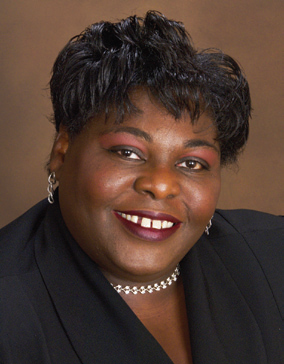By Elizabeth Williams-Riley, President and CEO, American Conference on Diversity
FROM THE REPEAL of Don’t Ask Don’t Tell to the New York City law that makes it illegal for employers to discriminate against unemployed applicants, the law is paving the way to create more inclusive workplaces for our ever-diversifying nation. Drastic economic challenges—high unemployment rates and military re-entering the civilian workforce, for instance—are further shaping legislation to support changing work environments. As a result, employers (and employees) are keenly more aware of discrimination based on race, ethnicity, national origin, creed, gender, religion, age, or disability than a decade ago, and some organizations are upping the ante to go above what’s required by federal law. Still, while many corporate policies have been rewritten to be more inclusive, policy and practice are not the same. The history and evolution of fairness in the workplace has proven time and time again that intent does not always equal impact.
Numerous exceptions to federal law must be challenged:
• In twenty-nine states it’s perfectly legal to fire someone for being gay, and in thirty-four states you can be terminated if you’re transgender.
• Only if you’re a member of a protected status and have been mistreated by a person who is not a member of a protected group can you claim that you were harassed at work.
• Only people who are forty years old or older are protected against discrimination based on age.
We need to dramatically increase the scope and scale of social justice policy to achieve a more fair and just society. The American Conference on Diversity provides diversity training (professional development and community programs) to about 2,500 employees nationwide each year. Our programs include harassment prevention forums, anti-bias training for corporate executives and educators/administrators, human relations education for youth, and cultural competency learning for healthcare professionals. Led by those from the public and private sectors, the American Conference on Diversity is working to build a lasting legacy of social justice change.







